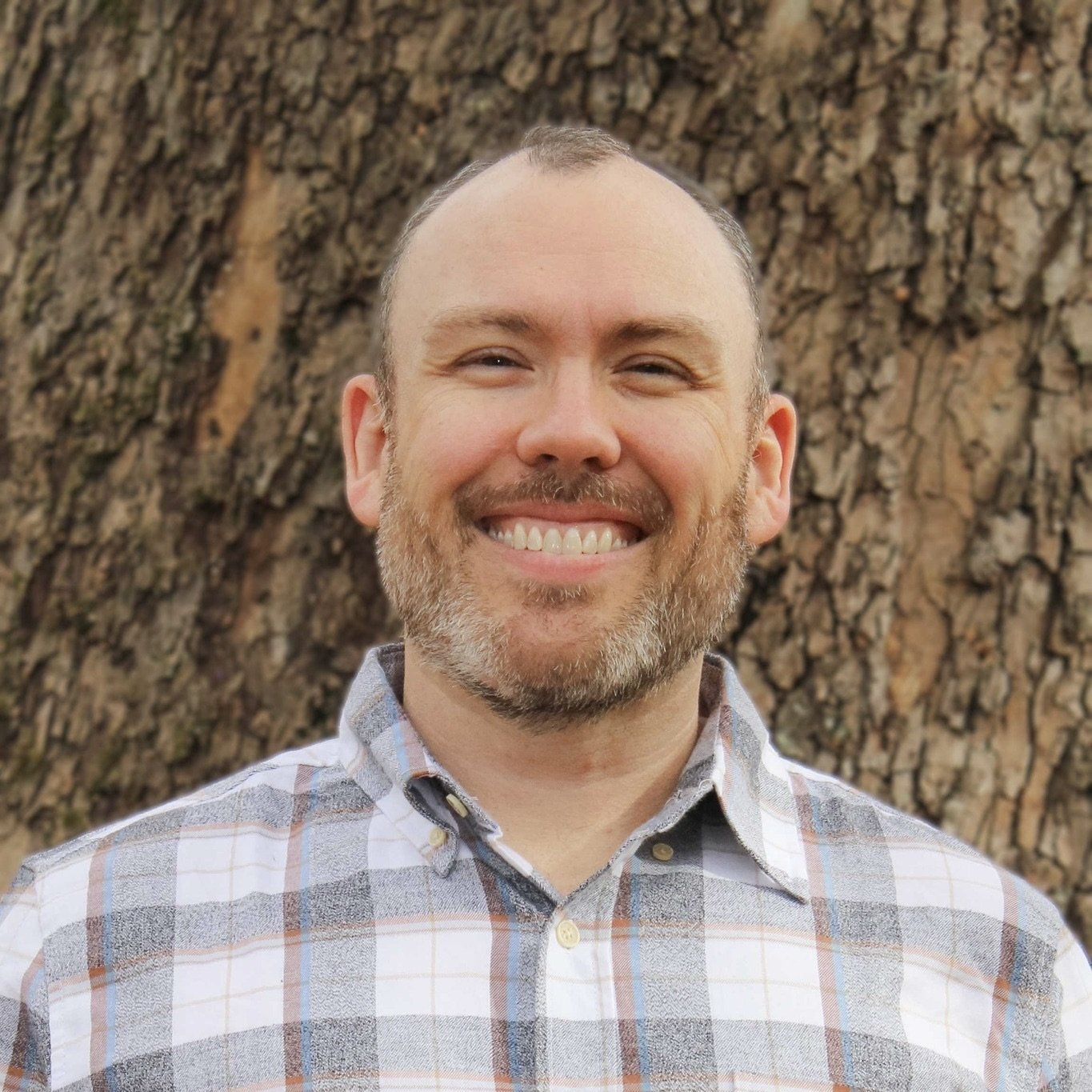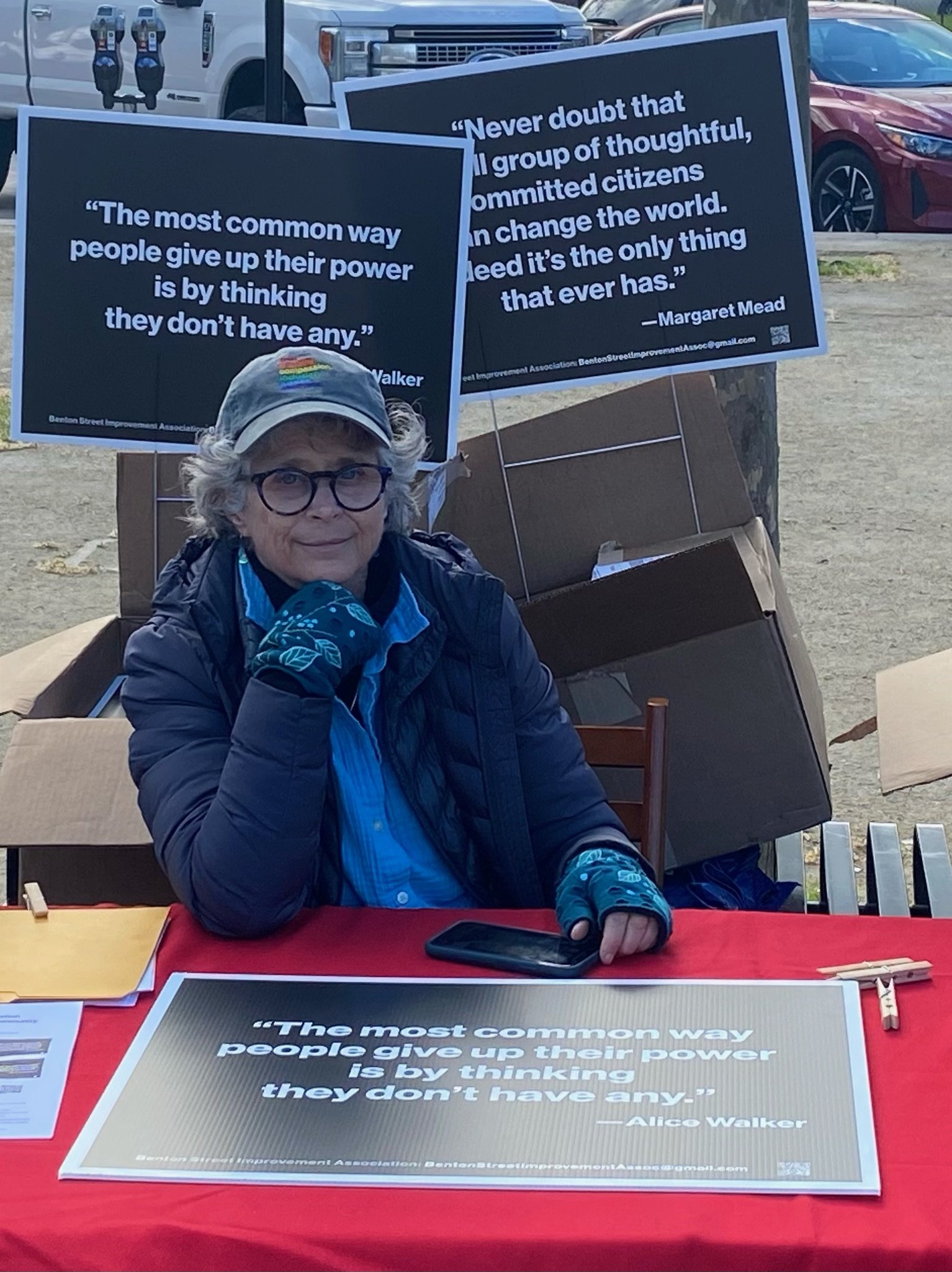“…Give without remembering,” encourages Bryan Driscoll, the creator of the goodness game who prefers to give out of the spotlight. “It’s not about me, “ he says, humbly. Driscoll suggests several “rules” for playing the goodness game. “One way is to be the only one who knows what you’re doing… helping from afar. [The] second is where only you and the recipient knows what you’re doing. There’s no bragging. No posting on social media. The only way you can let anyone else know is if you engage their help.” — the goodness game rules
Twenty five years ago Bryan Driscoll found himself at a crossroads. He was 18 years old and preparing to spend the night at a bus station in Orlando, Florida when a stranger offered him a hot meal and a place to sleep. It was that simple act of kindness that launched his desire to pay it forward, offering help to anyone who needed it. He placed an ad on Craigslist, and what happened after that became the impetus for what happened next. As he tells us, Bryan Driscoll is just your average guy, a real estate developer and marketing expert from Pittsburg Pennsylvania whose book, the goodness game, reminds us that we can all make a difference, one small act at a time.
Bryan Driscoll is a first-time author with a passion for inspiring kindness and creating positive change in the world. He lives in Pittsburgh, Pennsylvania where he runs a successful digital marketing agency. He credits his amazing wife with putting up with his insanity—and probably encourages it more than she should. He has three sons, all different and awesome in their own way. They say they get their awesomeness from their father, and he won’t argue, even if everyone knows the truth.
As you listen to this episode, consider:
“Give without remembering,” Bryan encourages. Can you challenge yourself to give anonymously, without fanfare or appreciation?
Helping is easier when we recognize our helping style. Some of us are physical helpers. Others emotional. Still others financial. What is your helping style?
When giving is a planned activity, Bryan says, it’s more likely that you will be able to commit to it long term; for example, having a “give fund” for cash donations, or a “time fund” for in person helping. Can you create a plan to engage in your community?
You can listen to Bryan’s episode here.




